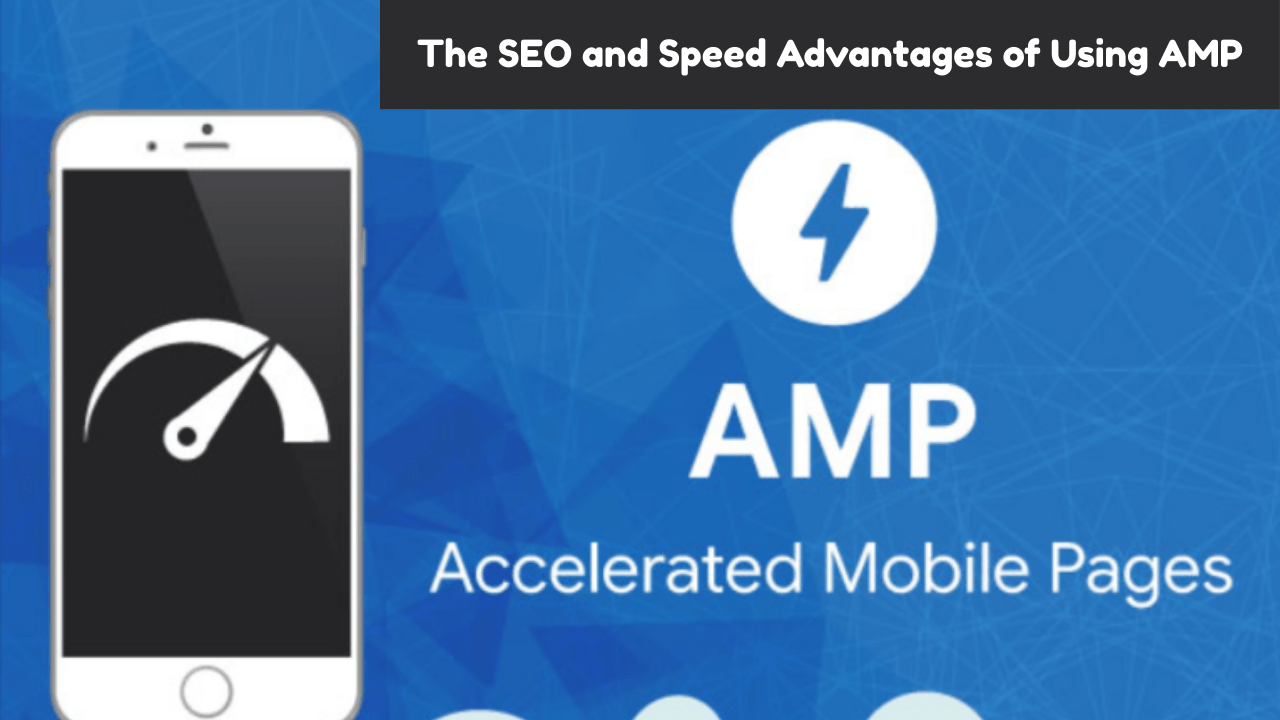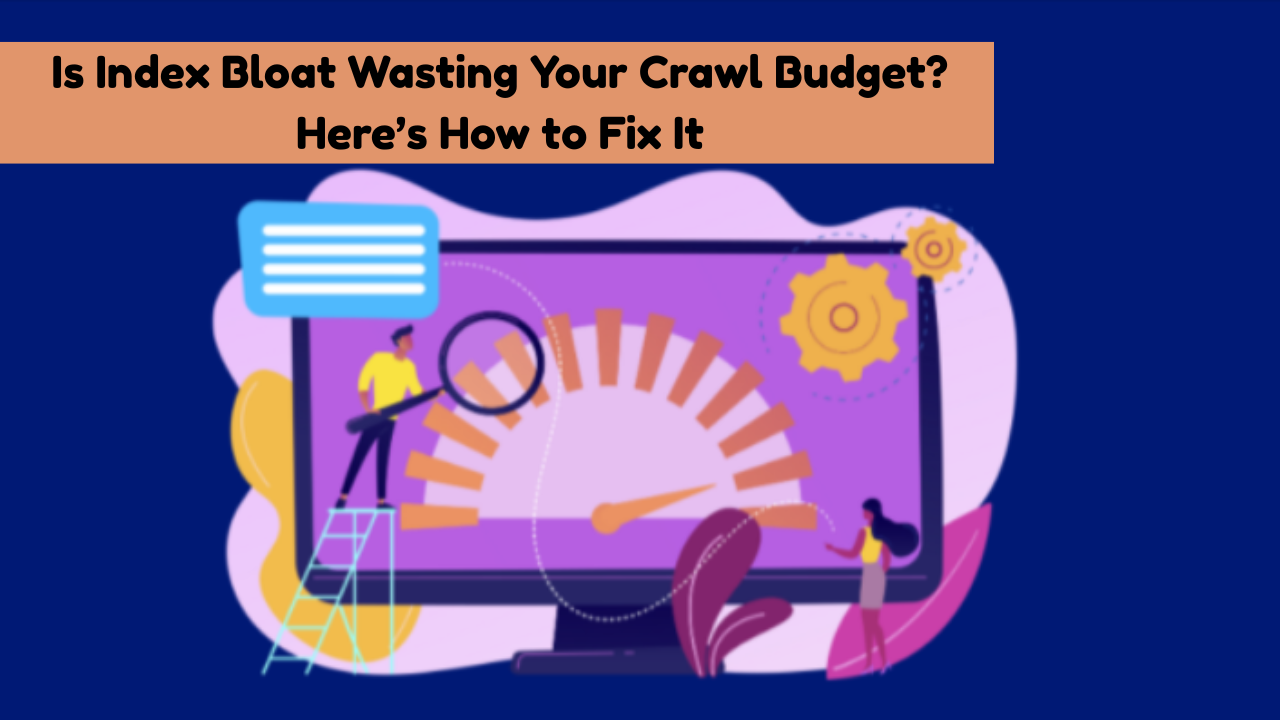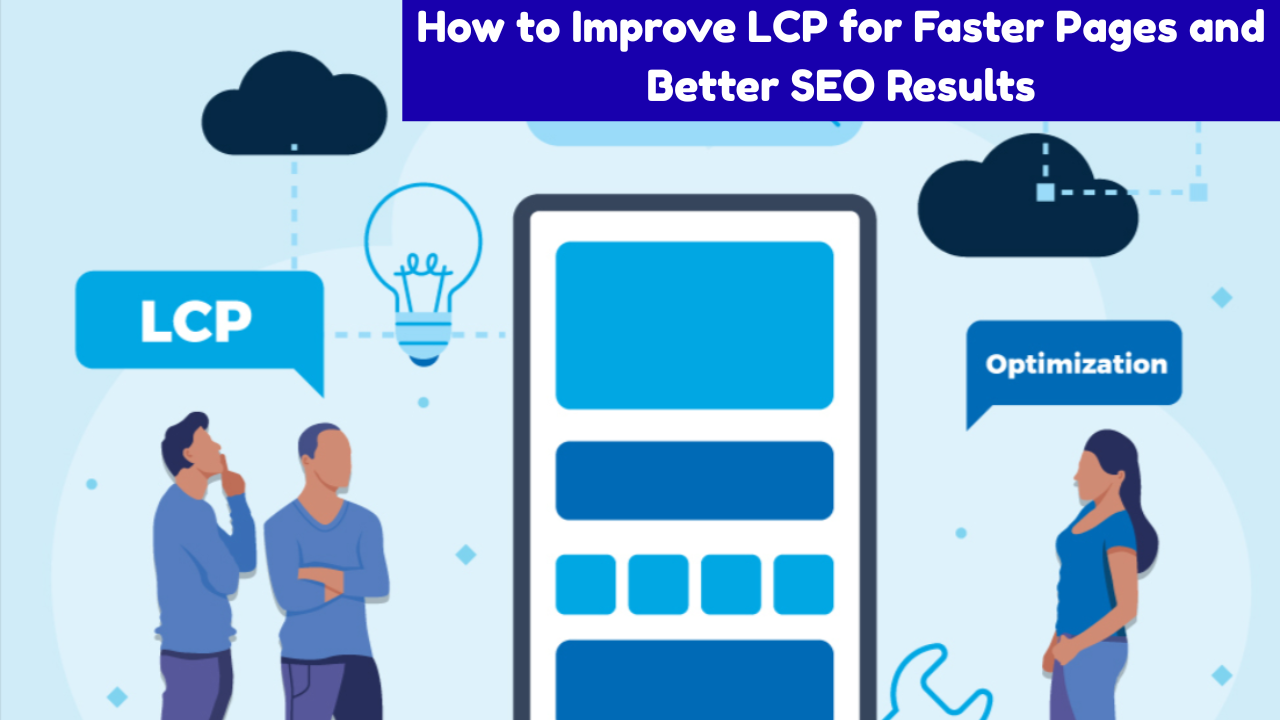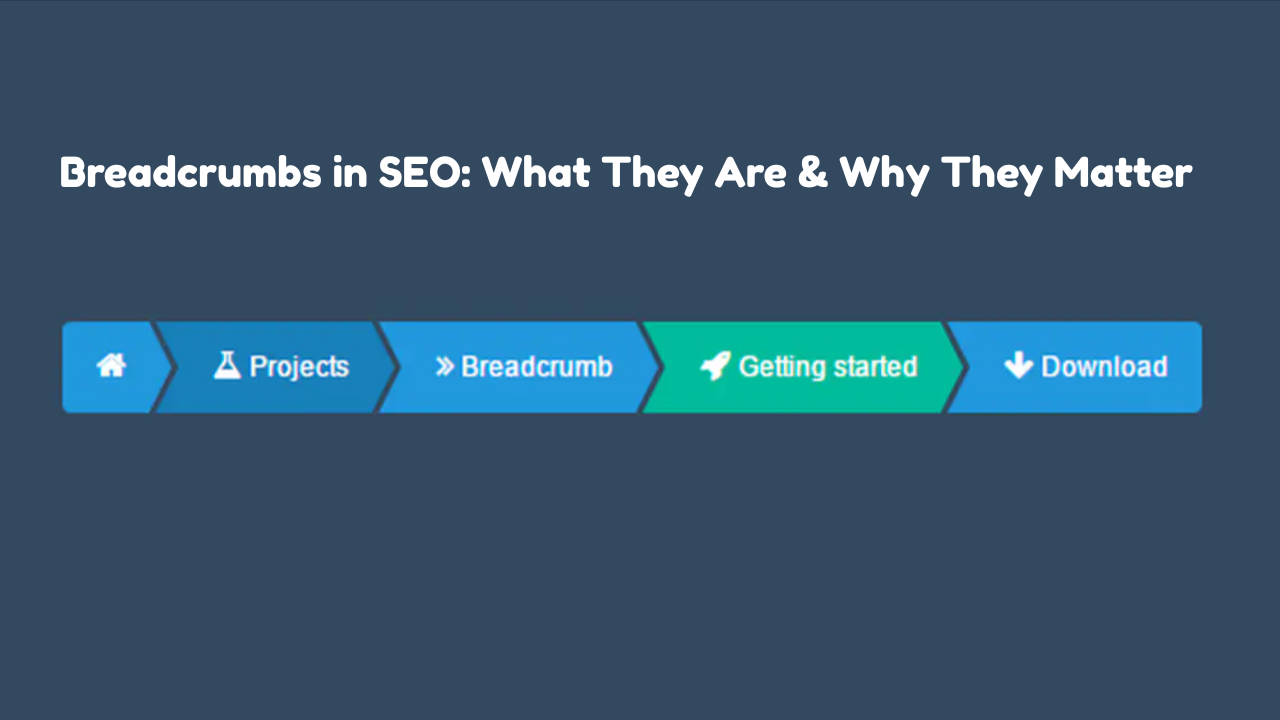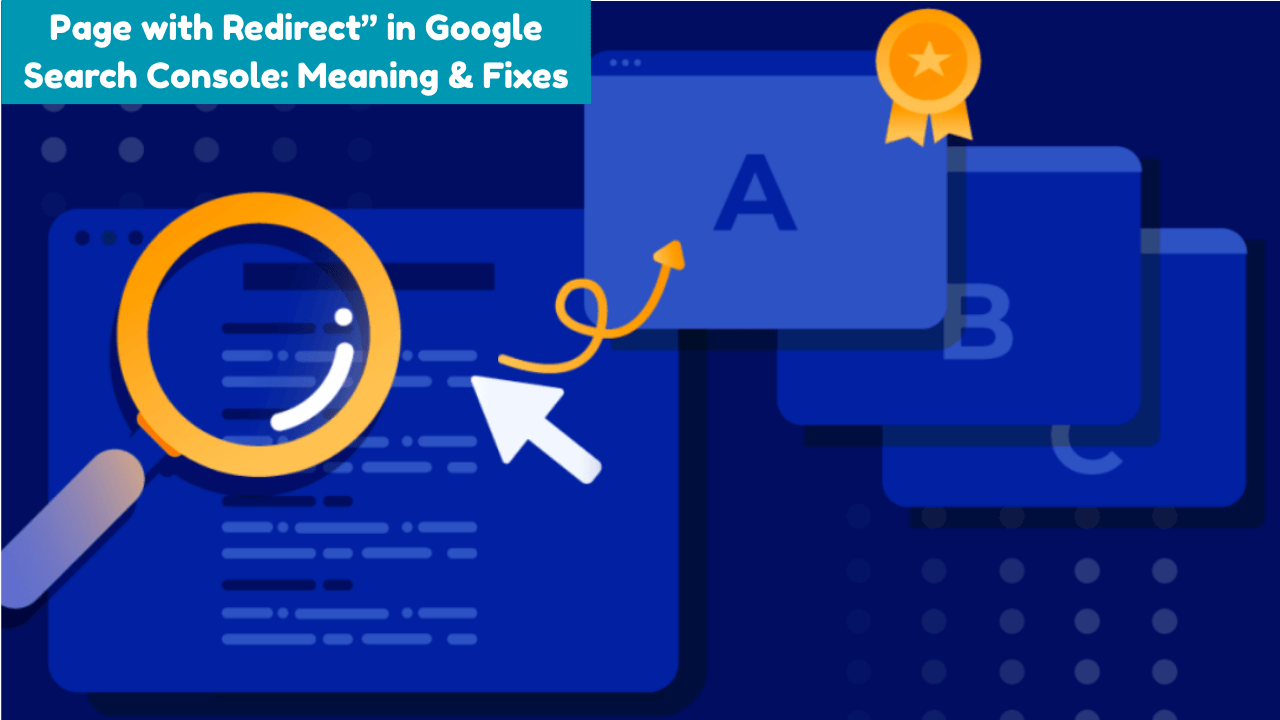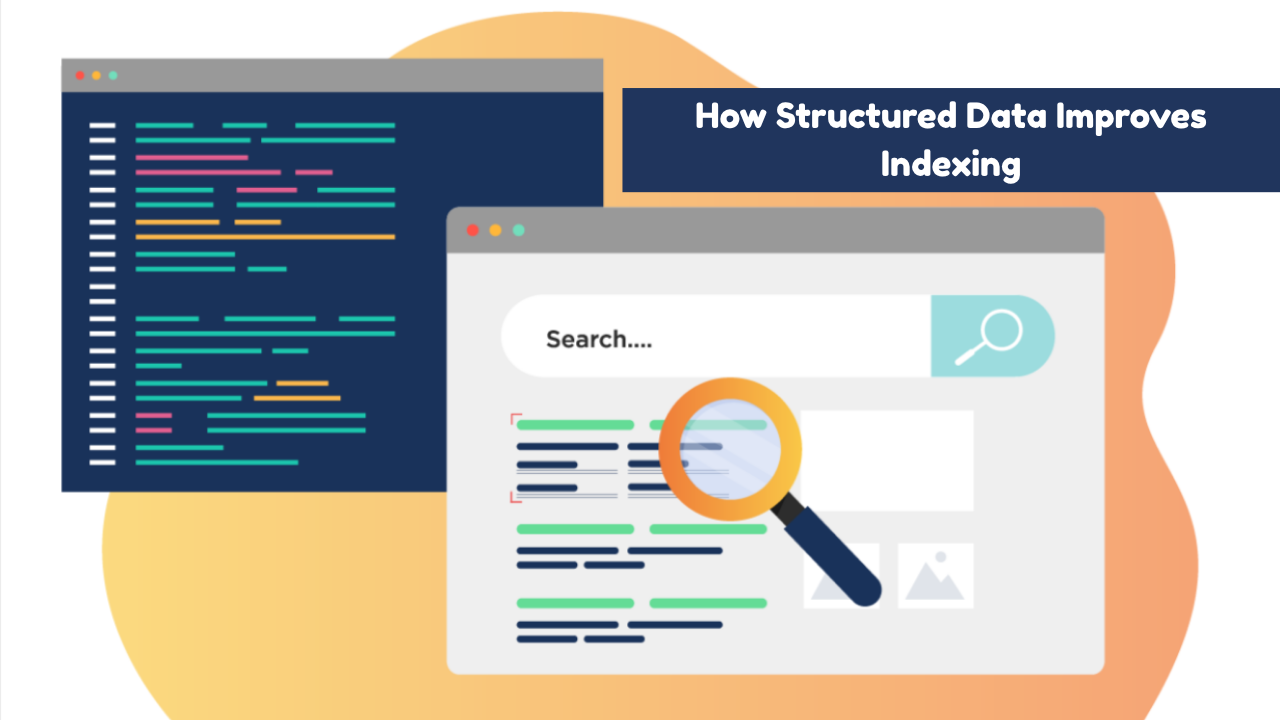Tag: Accu Index Check
How Accelerated Mobile Pages (AMP) Supports SEO and Page Speed
- accuindexcheck
- 0 Comment
- Posted on
The mobile experience greatly differs from one site to another. Some provide seamless navigation through their pages with a touch of graphic content; others, however, are slow-loading and become victims of numerous other performance issues. To fix such problems, Google conceived the ‘Accelerated Mobile Pages’ in 2016, a framework optimised for speed and UI performance…
Read MoreIndex Bloating Issues: How They Affect SEO and How to Fix It
- accuindexcheck
- 0 Comment
- Posted on
Many website owners and SEO experts put all their energies into producing new content and optimizing it and yet find their rankings below what they expect. Index bloating, which is a technical issue, could actually be one of the prime reasons behind this. Index bloating is when search engines end up indexing way too many…
Read MoreWhat Is LCP? How to Improve Largest Contentful Paint to Improve Page Speed & SEO
- accuindexcheck
- 0 Comment
- Posted on
A visitor to your website is not going to wait for every single file to load, rather, they tend to wait for that main, most important part of your page to come into view. That’s what Largest Contentful Paint measures-and it measures from the biggest visible element whether it’s a heading, image, video, or background…
Read MoreWhat Are Breadcrumbs in SEO? Definition, Benefits, and Best Practices
- accuindexcheck
- 0 Comment
- Posted on
Breadcrumbs represent a navigational feature displaying to users the path followed to come to a specific page within a given website. This process allows visitors to make sense of the stub organization, contributing to enhanced user experience while also allowing easy navigation back to prior pages. From the SEO viewpoint, breadcrumbs aid the search engines…
Read MoreWhat “Page with Redirect” Means in GSC and the Correct Way to Fix It
- accuindexcheck
- 0 Comment
- Posted on
When you spot the status “Page with Redirect” in GSC (Google Search Console), it can lead to some questions about how Google is indexing your website. It means the URL you have either submitted or the one Google has discovered is redirecting to another page to see content there as opposed to having any content…
Read MoreHow Search Engines Use Structured Data to Index Content More Accurately
- accuindexcheck
- 0 Comment
- Posted on
Search engines crawl through a large volume of content on the web; however, they use structured data to interpret very specific details accurately. Structured data provides a clear and common way to state the intention behind text, images, etc., on a page. Precisely, this lets search engines put the content in their index with better…
Read More